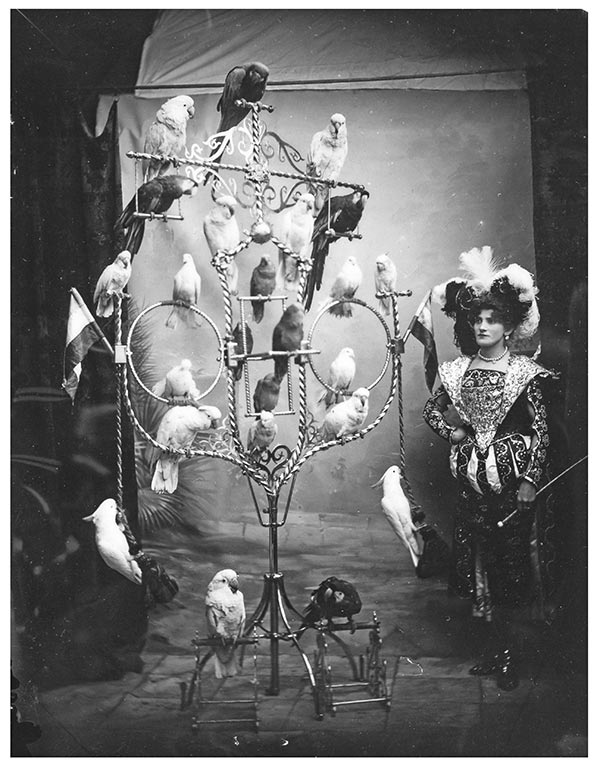
William Morris wallpaper design, BT 43/101/307222
Some people contact The National Archives with an unspoken hope that we hold all information ever created – digitised and arranged so that it can be easily identified and retrieved. And who can blame them? It’s what we’ve all come to expect thanks to the magic of Google. But of course we don’t have everything here, and what we do have is not always easy to find. So if you can’t find what you’re looking for, what might be the reason?
Maybe you need to search differently
Records from different government departments can be organised in various ways depending on the way they were used or what they were created for. Nobody can be the expert on everything we hold here, so staff rely heavily on the advice in our research guides, which cover most research areas and explain what records survive and how to search for them. If you can’t find what you’re looking for, maybe you need to check the research guides for advice.
Maybe you need to re-think your question
It can be fascinating to see the range of enquiries that come in to The National Archives. It can also be somewhat intimidating to try and answer them. Here is a sample of some of the enquiries sent to us recently:
- Why did field numbers on the old ordnance survey maps of 1800’s change over time?
- I’m trying to locate any records created by the SOE during War World II from December 1944 – June 1956 regarding the Special Operations Executive’s Cherokee mission in Northern Italy.
- Where should I start looking for probate records for a man who died in Kent County (Bromley) in 1835?
- I’m trying to find out about a judge called Arther, Arthur or Arter who supported Charles I and as a consequence had lands he owned near Devizes in Wiltshire confiscated.
- How can I find the confession made by Thomas Wintour, one of the plotters of the Gunpowder Plot of 1605?
- I’m trying to locate snapshots of the UK Visas and Immigration (GOV.UK) website that was available back in 2016.
We do have records relating to all of these questions, but the information in them might not answer the questions specifically. Sometimes you need to let go of the detail and take a step back. The first task is to try and find records that relate to your research question, then you can consult those records and see what’s in them. They might give you exactly what you were hoping for – or they might tell you something unexpected that is even more interesting. Serendipity is the joy of archives.
Maybe it’s in a different archive

Mrs Marzella and her birds, catalogue reference COPY 1/438/525
The National Archives has records from central government and the major courts of law. We have over 185km or 115 miles of shelving to store all our records, but there are many other archives that might have what you’re looking for if you can’t find it in our collection. Our Start here pages have sections on what we have and what we don’t have.
The following queries that we received relate to records much more likely to be held in local archives or with other official bodies rather than with us:
- I am trying to trace someone that bought a cemetery plot in 1969. We need to trace the person and family so we can ask if we can place some ashes.
- How can I find the original plans and structural details for a building in Islington that was a warehouse in 1920?
- I’m looking for a list of names of El Senoussi army (the Libyan army) members which (the army) was established in late 1930s.
- Can I get a divorce record for my mum who is now deceased?
Parliament has its own archive, as does the Royal family. Local authority records are kept in county archives, and Scotland has the National Records of Scotland. You can use our ‘Find an Archive’ tool to find local and specialist archives across the UK.
Some records are held here up to a certain date and then more recent ones are held elsewhere. Our research guides will explain where to look.
Maybe it doesn’t exist
It’s worth noting that only about 5% of the information created by government ends up with us at The National Archives.
When people come to us, having hit brick walls in their search for a document or a piece of information, they will often say ‘It must be somewhere!’ But no organisation keeps everything for ever – and most people don’t, either. At some point, decisions have to be made about what you keep and what you carefully dispose of. So I’m afraid that, sometimes, what you’re looking for just might not exist.
Once you realise that not all official records are kept indefinitely, the next question is: ‘Well, what do they keep?’ In the case of government records, those that are of ‘historical value and enduring public interest’ will find their way onto The National Archives’ shelves. You can find out more by reading our records collection policy.
Maybe what you’re looking for is too new for us to have it

Supermarine Spitfire, catalogue reference INF 2/4
Records used to come to us when they were 30 years old, but that period is reducing, so that by 2022 records will be transferred to us when they are 20 years old. Some records are kept closed to the public for longer – for example, Second World War service records are still retained by the Ministry of Defence and census records are only opened after 100 years.
Records of wills and divorces are sometimes here and sometimes elsewhere depending on the dates. The research guides on wills and divorce will clarify where you need to look.
More help
If you are confident that we are the right place to look, but you still can’t find what you’re looking for, you can try reading my next blog post on ‘Where do I start my research?’ (to be published next week). This explains how to use our research guides, which offer the best advice on finding your way through our vast, 1,000-year collection.
If you’ve tried searching Discovery, our catalogue, and you’re still struggling to find what you’re looking for, look out for my post ‘Your catalogue’s rubbish’ (scheduled for early August), which explains how to get the best results from your searches.

One of the problems is the name “The National Archives” because TNA are not the national archives of the UK or even England. I don’t see what is so intimidating to find, for example the SOE records as the catalogue is (generally good, people/staff just need to use it. The Royal Family does have its own archive but the chances of being given access is virtually nil. Incidentally Ireland also have their own archives in Dublin and Belfast. I look forward to ‘the catalogue is rubbish’ blog, I would not disagree with the term at times, sometimes quite astounding at times. e.g. Leeds is in Lancashire.
A very interesting and useful post – not only for those new to the archives but those of us who have got into the habit of searching in our own way.
As for the name of repository at Kew – a former director of the Imperial War Museum once commented that it had the three most unappealing words in the English language as its title…